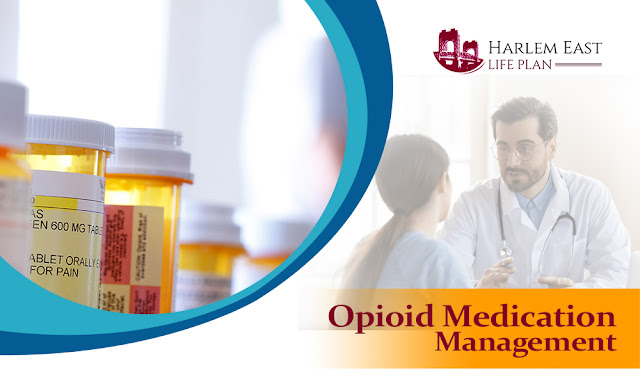Medication control includes the entire manner of making sure medications are efficaciously prescribed, administered, monitored, and adhered to. This oversight is critical inside the healthcare region for presenting great affected person care and gold standard health effects. There are several key benefits that remedy management gives.
Improved patient safety -
Medication management
substantially improves affected person protection by way of reducing the risks
of adverse drug activities and medicine errors in healthcare settings.
Healthcare companies closely overview medications to keep away from terrible
drug interactions and ensure appropriateness for the affected person. Dosages
and timing are meticulously confirmed to save you over or underneath medication.
Ongoing monitoring identifies any adjustments needed to medication plans. This
vigilant oversight protects patients from doubtlessly life-threatening errors.
Increased treatment
efficacy -
Comprehensive medication management New York City enables healthcare providers to assess how well
treatment regimens are working for patients. They can determine if medications
are effectively managing health conditions or if adjustments in dosages,
combinations, or alternatives are needed. This maximizes the efficacy of
prescribed medications in stabilizing and improving patient health. Ongoing
collaboration and communication between healthcare providers is key.
Improved adherence -
Medication non-adherence
is a prevalent issue that impedes treatment outcomes. Patients may
intentionally or unintentionally fail to take medications as directed.
Medication management helps improve adherence by clearly educating patients
about their medications, using reminders and apps to promote compliance, and
monitoring to identify any adherence issues. Improved adherence equals improved
health results.
Healthcare system cost
savings -
Medication non-adherence
costs the U.S. healthcare system an estimated $300 billion annually. However,
effective medication management programs can reduce these costs through better
adherence and reduced hospitalizations. Optimized medication regimens also help
avoid expensive adverse drug events which cost billions each year. Investing in
comprehensive medication management solutions ultimately yields significant
healthcare savings.
Medication management is a
pivotal component of quality care and positive patient outcomes in the
healthcare sector. Healthcare teams must make this a priority through
coordination, diligent oversight, patient education, and continual process
improvements. When done right, opioid medication New York City management
allows patients to benefit fully from prescribed treatments.





No comments:
Post a Comment